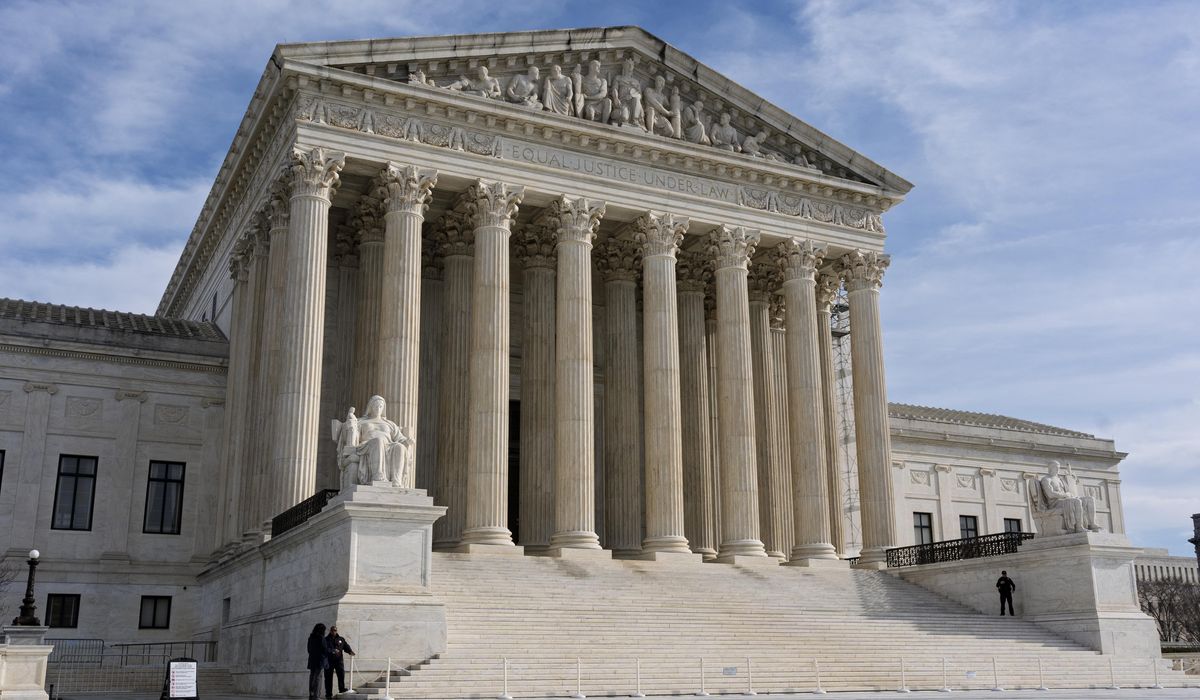


The Supreme Court made it easier for some businesses to prove employees are exempt from overtime and minimum wage standards in a ruling Wednesday that set a relatively low bar for the firms.
Lower courts had split on the burden of proof for the companies.
Some judges said the businesses had to have “clear and convincing evidence” that someone was exempt from the Fair Labor Standards Act’s overtime and wage rules. Other judges said the businesses needed to have only a “preponderance” of the evidence in their favor — a lower level of proof.
The justices said the law requires only that lower level of proof.
“We conclude that the default preponderance standard governs when an employer seeks to prove that an employee is exempt under the Fair Labor Standards Act,” Justice Brett M. Kavanaugh wrote for the court.
The case stemmed from a dispute between EMD Sales Inc., a food distributor in the Washington metropolitan area, and some of its sales force.
EMD said the force contained outside salesmen and therefore didn’t qualify for overtime pay. The workers said that was a misreading of their jobs, which they said should qualify for overtime.
Lower courts sided with the workers and used the heightened standard against the company, saying it had to show the overwhelming weight of evidence was in its favor. The company failed that bar, the lower courts ruled.
The justices disagreed.
They said the law doesn’t say what standard of proof is required for FLSA cases. But the cases are civil litigation, and the default for civil cases is the preponderance standard.
Justice Kavanaugh said Congress can impose a higher standard of proof if it wants to, but until that happens, courts must use the civil litigation standard.
The justices, while settling the dispute over legal standards, didn’t rule on the sales workers’ case itself. The high court said it will be up to lower courts to decide whether the sales workers’ arguments can meet the preponderance standard.
The case is EMD Sales Inc. v. Carrera. Faustino Sanchez Carrera is one of EMD’s sales representatives.
• Stephen Dinan can be reached at sdinan@washingtontimes.com.
